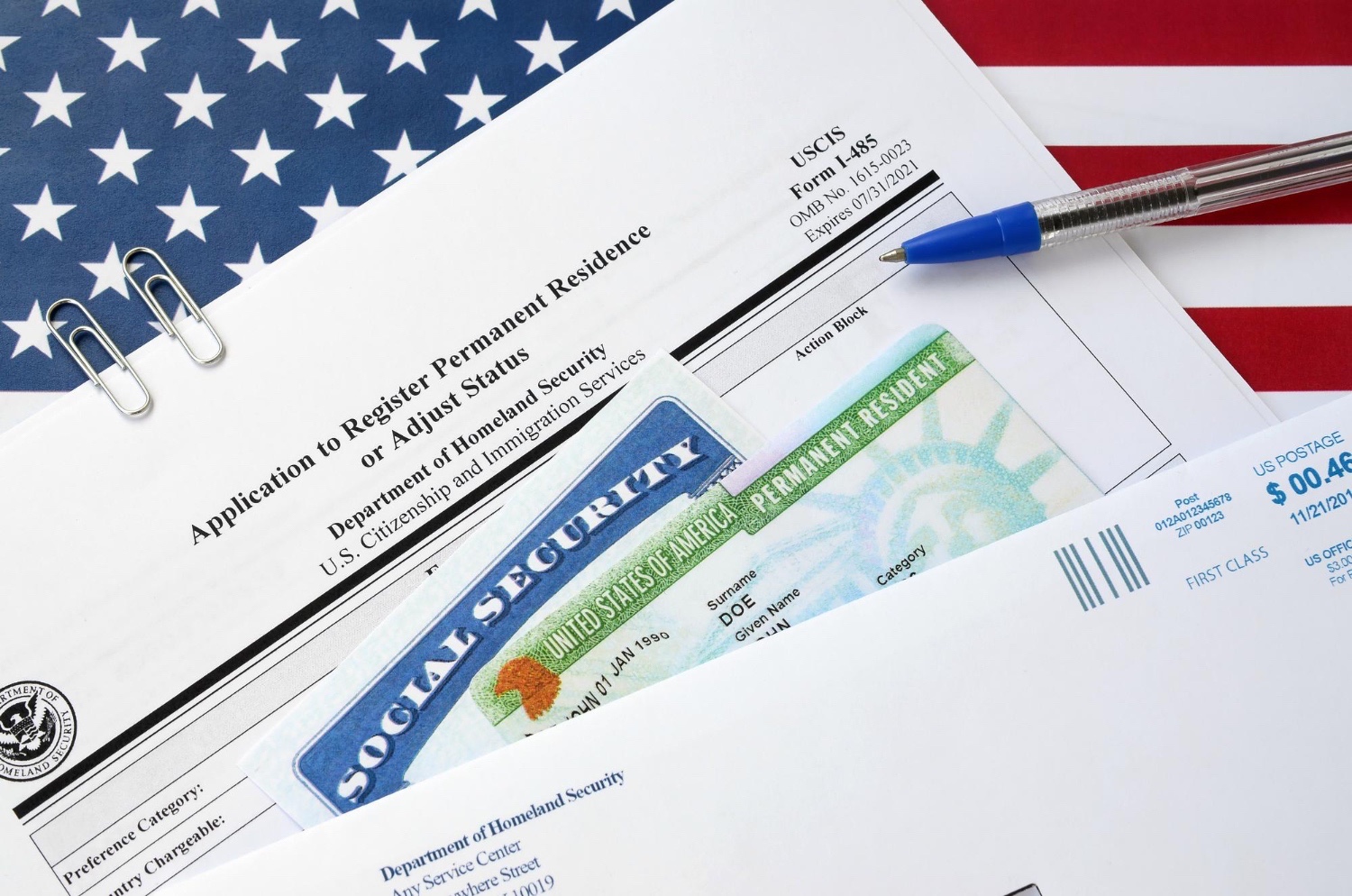The petitioning process for obtaining a Green Card for your married son or daughter or children over 21 can be a complex and confusing endeavor. Understanding the intricacies of the United States Citizenship and Immigration Service (USCIS) regulations is crucial to ensure a smooth and successful application. In this comprehensive guide, we will explore the various steps and requirements involved in petitioning for a Green Card for your adult children, including key terms and concepts like “visa petition,” “preference category,” “priority date,” and more.

When it comes to petitioning for a Green Card for your married son or daughter, it’s important to know that only U.S. citizens can file a visa petition for their adult married children. Permanent residents, unfortunately, cannot petition for their married children. Thus if a permanent resident filed for their child and the child married, they are knocked off the priority list. Adult unmarried children over 21 can be petitioned by both their U.S. citizens and permanent resident relatives. However, they are not considered immediate relatives, and therefore, they are placed on a waitlist before becoming eligible for permanent residence in the United States.
The petitioning process starts with filing Form I-130, Petition for Alien Relative, with the USCIS. This form establishes the relationship between the petitioner and the beneficiary and places the beneficiary in a specific preference category. It is important to provide sufficient documentation and evidence of the relationship, such as birth certificates, marriage certificates, and photographs, to support the petition.
The preference categories are as follows:
Each preference category has a different number of visas allocated per year, which influences the waiting times for obtaining a Green Card.

Once Form I-130 has been filed, the beneficiary will be assigned a priority date, which essentially marks their place in line for a Green Card. The wait times for each preference category can vary significantly, with some categories experiencing longer wait times than others. The waiting times can range from a few months to years, depending on the demand and annual visa limits for each category and the country of nationality of the beneficiary.
It’s important to keep track of the priority date and monitor the USCIS Visa Bulletin, which provides updates on visa availability and waiting times. The Visa Bulletin is published monthly, and it is crucial to regularly check for any changes to visa availability in your preference category.
It’s essential for the foreign national and their dependent children to maintain legal status while waiting for their priority date to become current if they are in the United States. If the beneficiary is already in the United States, they must have entered legally and be in legal status at the time their priority date becomes current. If they are outside the United States or have fallen out of status, they will need to apply for their Green Card at a U.S. Consulate abroad. It is important to evaluate eligibility for residence carefully, particularly for those in the US who have fallen out of status and wish to proceed overseas for their visas. Always speak to a qualified attorney before leaving the United States.
For those children under 18 years old who are in the United States illegally or have unlawful entry, they may be able to travel overseas and obtain residence at a U.S. Consulate abroad up to 179 days after their 18th birthday. This is because children under the age of 18 do not accrue unlawful presence in the United States and are not subject to a bar from returning if they obtain residence at a U.S. consulate overseas. However, it’s essential to consider any additional grounds of inadmissibility before proceeding with this option. Some common grounds of inadmissibility include health-related issues, criminal activity, and prior immigration violations. Again, before leaving the United States to obtain a visa, it is best to proceed with the process with a competent and qualified attorney.

When the priority date becomes current, the beneficiary has two options for obtaining their Green Card: adjustment of status or consular processing. Adjustment of status is the process of applying for a Green Card while the beneficiary is in the United States. To be eligible for adjustment of status, the beneficiary must have entered the country legally and maintained their legal status, unless the applicant is an immediate relative which requires only a legal entry for eligibility to adjust in the US.
Consular processing, on the other hand, is the process of applying for a Green Card through a U.S. Consulate in the beneficiary’s home country. This option is available to beneficiaries who are either outside the United States or are ineligible for adjustment of status. It’s important to carefully evaluate the pros and cons of each option before deciding which path to take.
The Green Card petitioning process for married children and children over 21 can be complex and time-consuming. It’s crucial to understand the eligibility criteria, preference categories, and the importance of maintaining legal status throughout the process. Consulting with an experienced immigration attorney can provide valuable guidance and ensure that all requirements are met, increasing the chances of a successful outcome.
Additionally, an immigration attorney can help you navigate any potential issues or complications that may arise during the process, such as overcoming grounds of inadmissibility or addressing changes in your family situation (e.g., divorce, remarriage, or birth of additional children). Seeking professional help can save you time, money, and frustration in the long run.
The Green Card petitioning process for married children and children over 21 requires careful planning, attention to detail, and patience. By understanding the eligibility criteria, preference categories, and maintaining legal status, you can increase the chances of a successful outcome for your loved ones. Don’t hesitate to seek professional guidance from an experienced immigration attorney to help navigate the complexities of the United States Citizenship and Immigration Service regulations and ensure a smooth and successful application.
